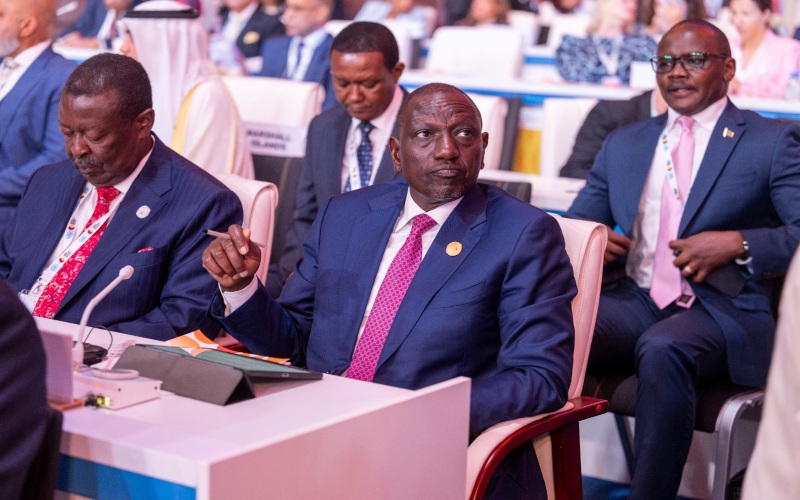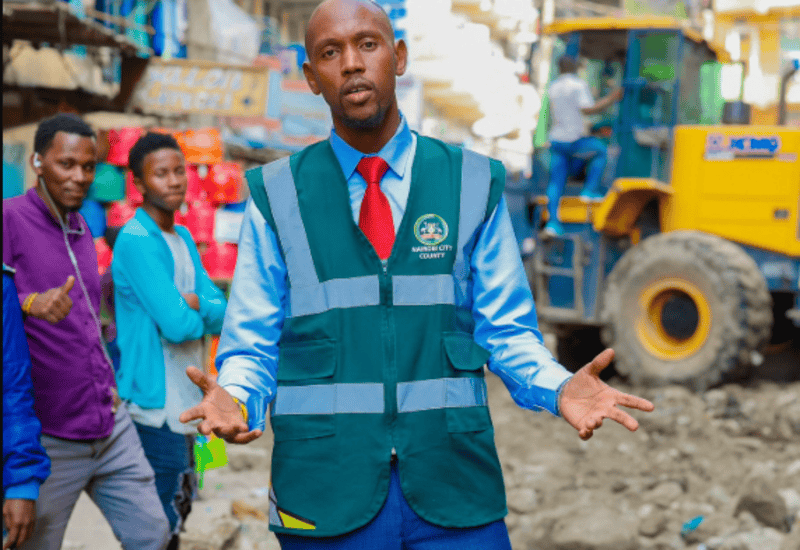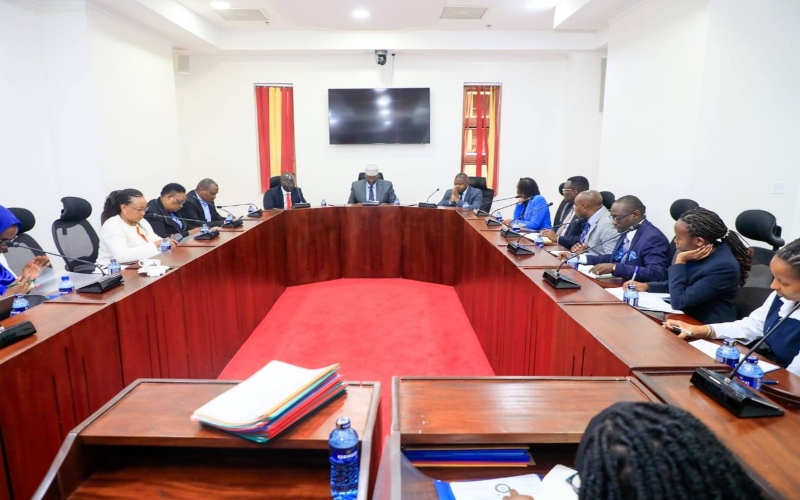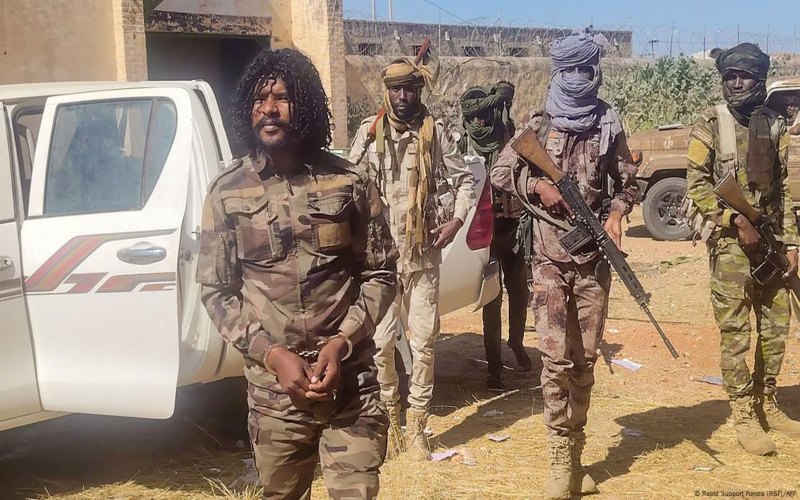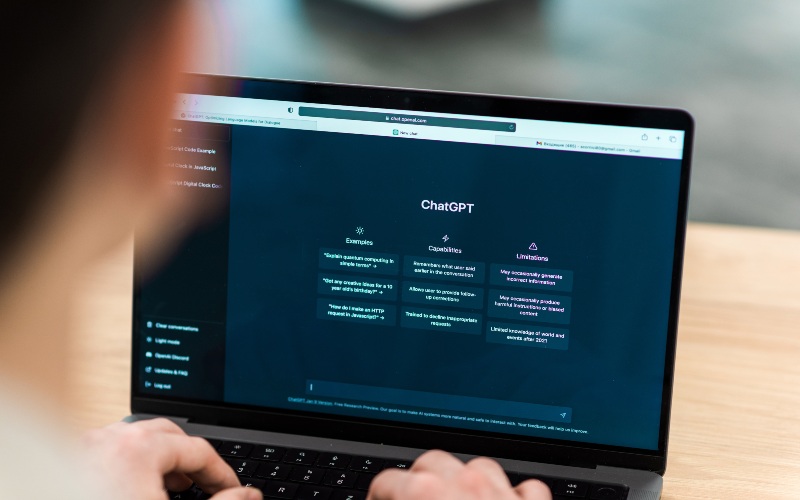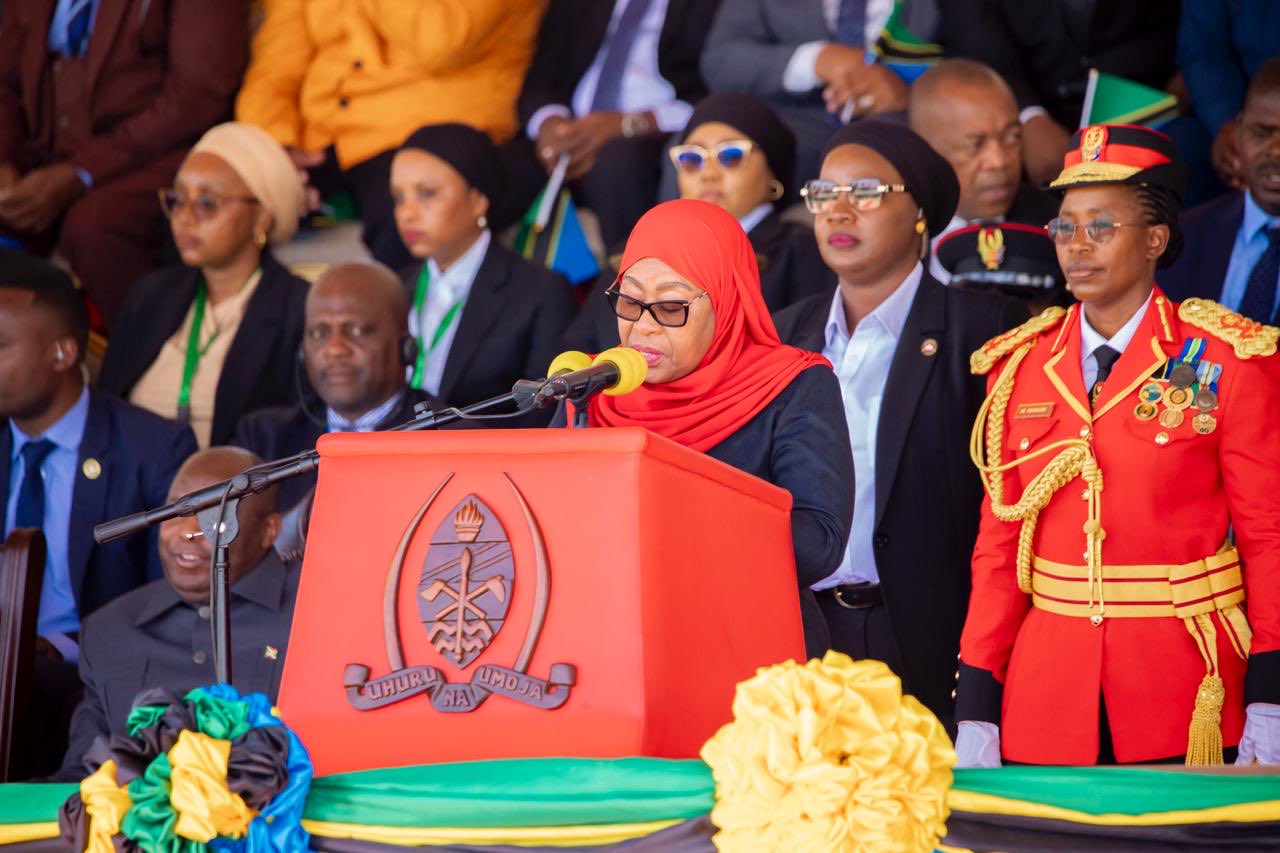AU appoints Djibouti envoy Mohamed Idriss to lead mediation in Madagascar coup crisis
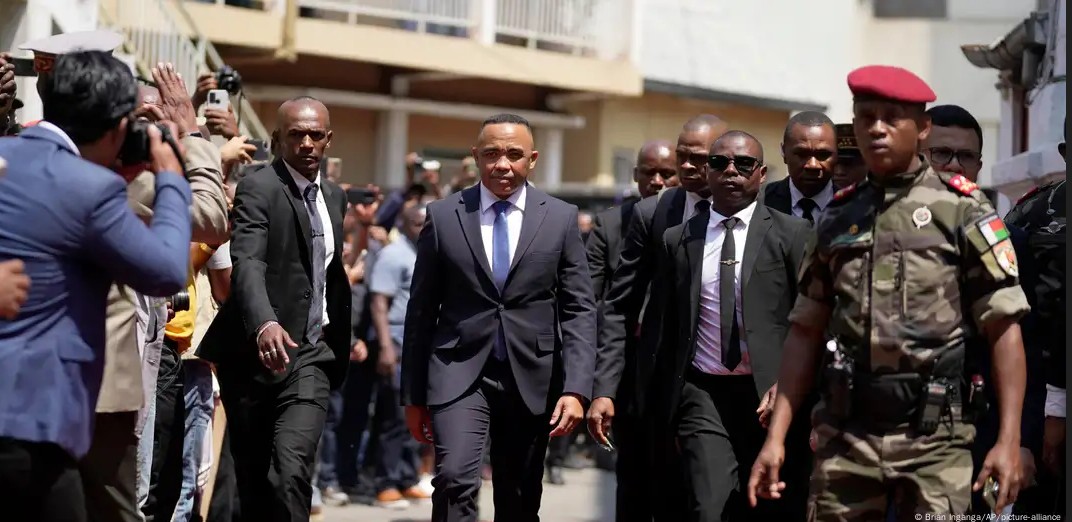
The appointment signals the AU’s bid to restore stability in Madagascar amid global interest from Paris, Beijing, and Moscow.
The African Union has appointed Djibouti’s Ambassador Mohamed Idriss Farah as Special Envoy to Madagascar—its clearest signal yet that Addis Ababa intends to assert diplomatic leadership over the Indian Ocean island’s latest political crisis.
In a letter dated October 31, 2025, AU Commission Chair Mahmoud Ali Youssouf informed the veteran diplomat of his mandate “to help steer dialogue” following the military-backed ouster of President Andry Rajoelina earlier this month.
The envoy will be part of a delegation expected to arrive in Antananarivo on November 3, pending formal clearance from Djibouti’s foreign ministry.
The appointment underscores the AU’s resolve to play a stabilising role after the coup, which toppled Rajoelina amid public unrest and divisions within the military.
Madagascar has long struggled with political instability, suffering coups in 2002, 2009, and now 2025—making it one of Africa’s most fragile democracies.
Waning influence
Although the AU has traditionally suspended governments that come to power through coups, its influence has waned following recent coups in Niger, Gabon, and Burkina Faso.
Mohamed, a seasoned diplomat with postings across the Horn of Africa and the Gulf, is expected to work closely with the AU’s Department of Political Affairs, Peace and Security, to mediate between rival factions and guide a political transition.
Whether the junta will welcome continental mediation remains uncertain. Antananarivo has historically balanced outside pressure with domestic power interests and regional actors in the Indian Ocean basin.
Madagascar’s strategic position—straddling vital shipping lanes and boasting rich mineral deposits of cobalt, nickel, and graphite—has drawn close interest from Paris, Beijing, and Moscow, adding complexity to the AU’s mission.
A disputed transition risks worsening economic instability in one of Africa’s poorest countries, where more than 75% of the population lives below the poverty line and malnutrition rates remain among the world’s highest.
Top Stories Today
